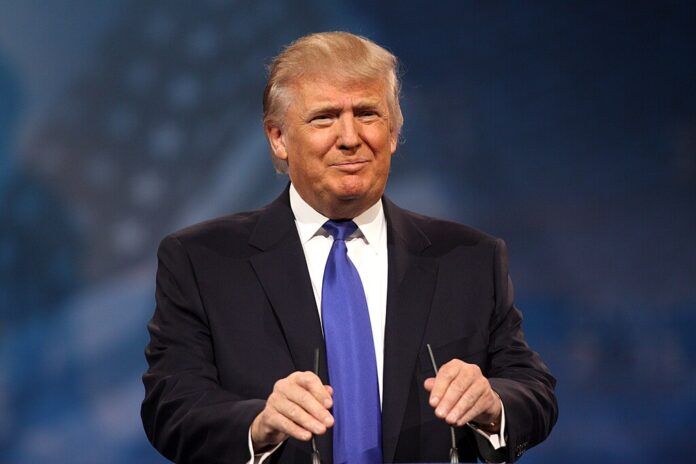Olbermann’s X post about Trump’s assassination sparks widespread criticism
In a recent and contentious X post, former MSNBC host Keith Olbermann incited a storm of criticism by suggesting “hope” for former President Donald Trump’s assassination. The comment, made in response to a post from the Biden-Harris HQ X account highlighting Trump’s claim of being treated worse than Abraham Lincoln—who was assassinated—has led to calls for Olbermann’s removal from the social media platform.
Olbermann, known for his forthright political commentary, linked to the Biden campaign’s post with a controversial remark that ignited a debate over the boundaries of political discourse and the responsibility of public figures in moderating their statements on social media.
Embed from Getty ImagesThe backlash to Olbermann’s post underscores the heightened tensions in the political landscape, especially as Trump, the presumptive nominee for the 2024 Republican nomination, campaigns to reclaim the presidency. This episode is part of a larger narrative involving Trump’s recent campaign speech in Ohio, where he predicted a “bloodbath” for the American auto industry should Biden be re-elected, a comment that has been variously interpreted and criticized by political figures and media alike.
Former House Speaker Nancy Pelosi interpreted Trump’s “bloodbath” remark as a potential threat, questioning its implications for the upcoming election. This exchange exemplifies the charged atmosphere surrounding the election campaign, with both sides scrutinizing and often contesting the language and implications of each other’s statements.
As the incident unfolds, it has not only sparked a conversation about the appropriateness of Olbermann’s comment but also about the broader issues of free speech, the role of social media in political discourse, and the impact of inflammatory remarks on the political process and public sentiment.
The situation remains dynamic, with stakeholders from across the political spectrum weighing in on the implications of Olbermann’s post for political communication and the ethical considerations of public discourse in an increasingly digital and polarized environment
